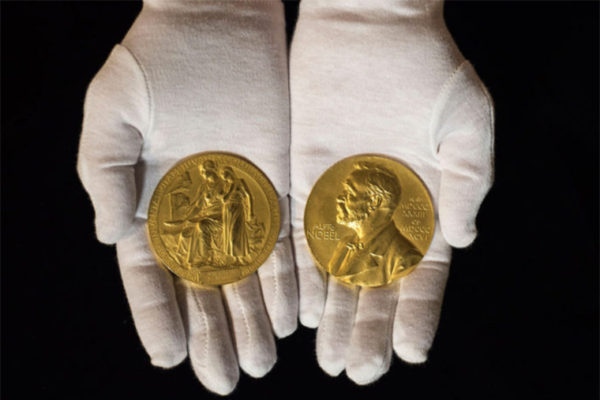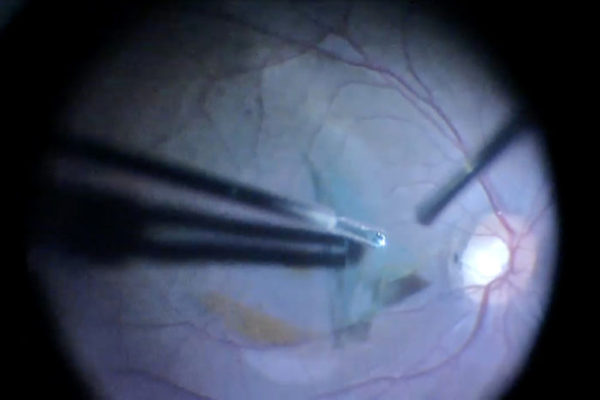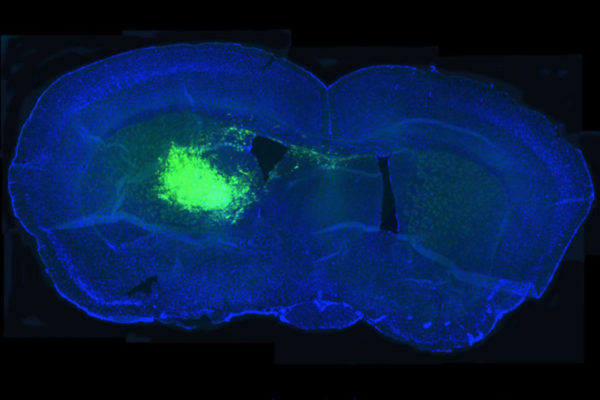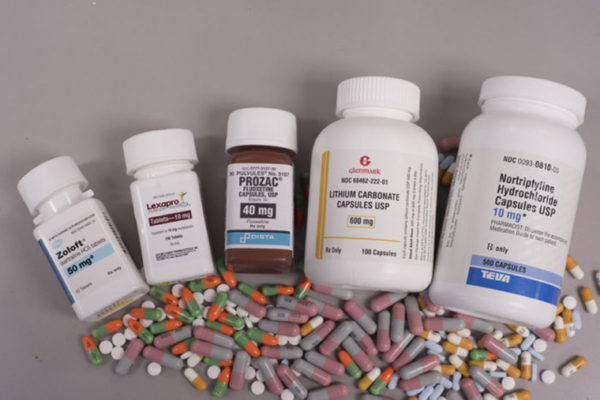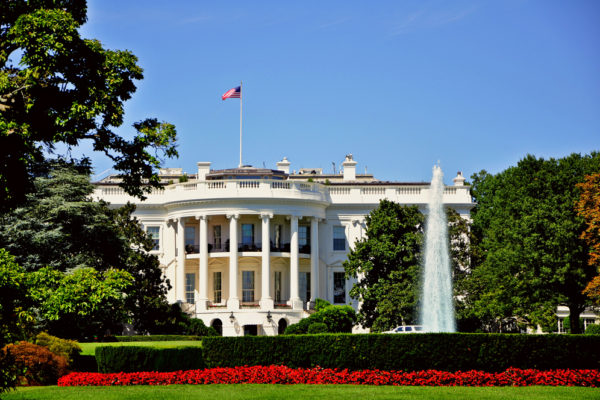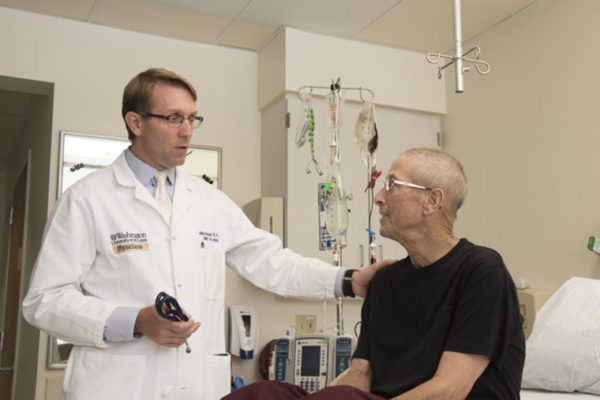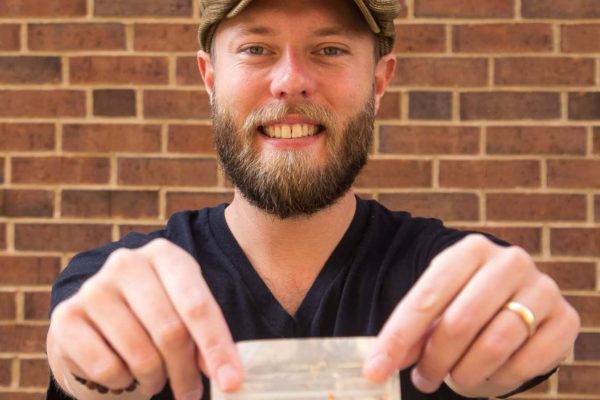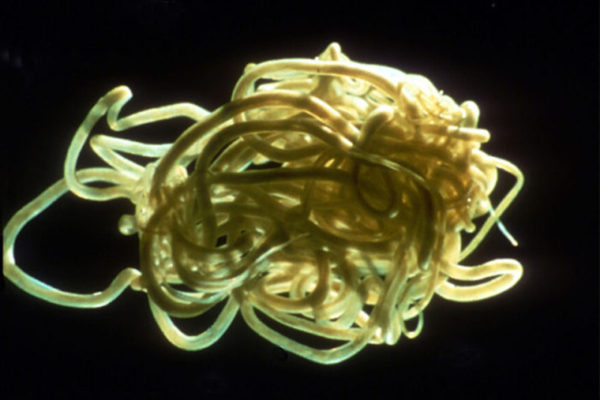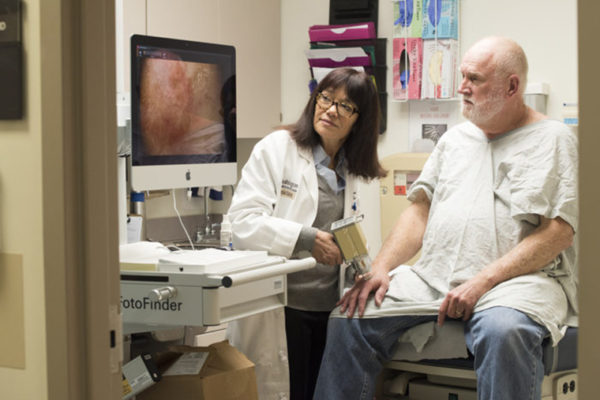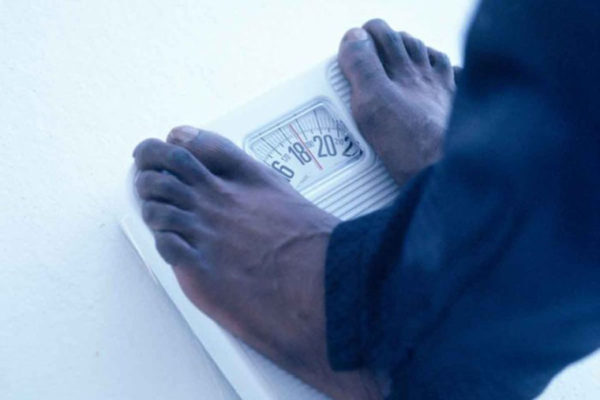Cori Nobel Prize medals donated to Washington University
The son of Washington University Nobel laureates Carl and Gerty Cori has given the Nobel Prizes his parents were awarded in 1947 to the university. They can be seen at the Becker Medical Library.
Surgery can restore vision in patients with brain injuries
Surgery can restore vision in patients who have suffered hemorrhaging in the eye after a traumatic brain injury, even if the operation doesn’t occur until several months after the injury, according to a small study from vision researchers at Washington University School of Medicine in St. Louis.
Gene linked to metabolism drives deadly brain cancer
While a particular metabolic pathway shows potential to slow down the aging process, new research indicates a downside: That same pathway may drive brain cancer. The pathway, known as the nicotinamide adenine dinucleotide (NAD+) pathway, is overactive in a deadly form of brain cancer known as glioblastoma, according to a study by researchers at Washington University School of Medicine in St. Louis.
Hard-to-treat depression in seniors focus of $13.5 million study
Researchers at Washington University School of Medicine in St. Louis are launching a study aimed at identifying effective treatment methods for seniors with depression that does not respond to standard medications.
WashU Expert: Cures Act’s controversy continues
The 21st Century Cures Act, the vast bill aimed at bolstering medical research and revamping the way drugs are approved, is a step in the right direction but is far from perfect, says an expert on the health care industry at the School of Law at Washington University in St. Louis.
New research findings on most lethal type of leukemia
Patients with the most lethal form of acute myeloid leukemia (AML) – based on genetic profiles of their cancers – typically survive for only four to six months after diagnosis, even with aggressive chemotherapy. But new research led by the School of Medicine indicates that such patients, paradoxically, may live longer if they receive a milder chemotherapy drug.
Creating better bar food
Chris Ferguson left the business world to venture into food. Now he’s the founder and owner of Bee’s Knees, providing gourmet bar snacks that pair well with craft beers.
Study sheds light on parasite that causes river blindness
The parasite that causes river blindness infects about 37 million people in parts of Africa and Latin America, causing blindness and other major eye and skin diseases in about 5 million of them. A study from the School of Medicine sheds light on the genetic makeup of the parasite, a step toward the goal of eradication.
New topical immunotherapy effective against early skin cancer
A combination of two topical drugs that have been in use for years triggers a robust immune response against precancerous skin lesions, according to a new study. The research, from the School of Medicine and Harvard Medical School, shows that the therapy activates the immune system’s T cells, which then attack the abnormal skin cells. The study was published Nov. 21 in The Journal of Clinical Investigation.
Weight loss may help prevent multiple myeloma
New research at the School of Medicine shows that excess weight increases the risk that a benign blood disorder — called monoclonal gammopathy of undetermined significance — will progress into multiple myeloma, a cancer of the blood.
Older Stories
